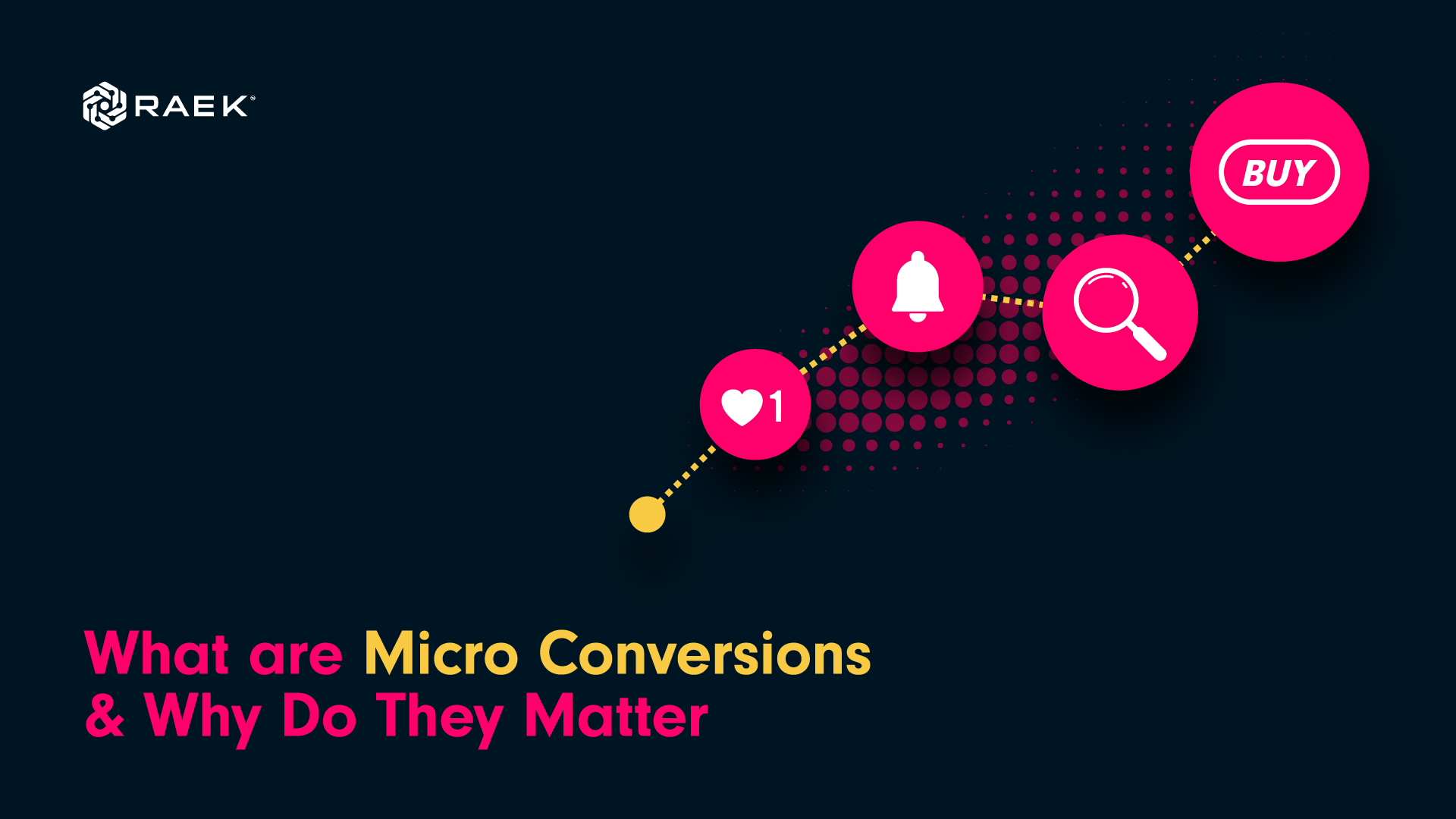
Why Speed Conversions Matter – Essential Details Inside!
Introduction
In today’s fast-paced digital world, website speed is more important than ever before. Users expect websites to load quickly and efficiently, and if a site takes too long to load, they will simply move on to another one. This is especially true for mobile users, who are more likely to abandon a slow-loading website than desktop users.
Not only does website speed affect user experience, but it also has a significant impact on your bottom line. Studies have shown that a 1-second delay in page load time can result in a 7% decrease in conversions. This means that if your website takes 5 seconds to load, you could be losing out on a significant amount of potential revenue.
The Importance of Speed Conversions
There are several reasons why speed conversions are so important.
1. Improved User Experience
When a website loads quickly, users are more likely to have a positive experience. They are more likely to find the information they are looking for, and they are more likely to make a purchase. On the other hand, if a website takes too long to load, users are more likely to get frustrated and abandon the site.
2. Increased Conversions
As mentioned above, a 1-second delay in page load time can result in a 7% decrease in conversions. This means that if your website takes 5 seconds to load, you could be losing out on a significant amount of potential revenue.
3. Improved SEO
Website speed is a ranking factor in Google’s search algorithm. This means that websites that load quickly are more likely to rank higher in search results. This is important because higher rankings can lead to more traffic and more potential customers.
How to Speed Up Your Website
There are a number of things you can do to speed up your website.
1. Use a Content Delivery Network (CDN)
A CDN is a network of servers that store copies of your website’s files in different locations around the world. When a user visits your website, the files are delivered from the server that is closest to them, which can significantly reduce load times.
2. Optimize Your Images
Images can be a major source of slow page load times. To optimize your images, you can use a tool like TinyPNG to compress them without losing any quality.
3. Minify Your Code
Minifying your code can help to reduce the size of your website’s files, which can also improve load times. You can use a tool like Minify to minify your code.
4. Use a Caching Plugin
A caching plugin can help to speed up your website by storing frequently accessed files in memory. This can reduce the amount of time it takes for your website to load.
5. Use a Lightweight Theme
If you are using a WordPress website, choosing a lightweight theme can help to improve load times. Lightweight themes use less code and fewer images, which can make them load faster.
Conclusion
Website speed is more important than ever before. By following the tips in this article, you can speed up your website and improve your user experience, increase your conversions, and improve your SEO.
Leave a Reply